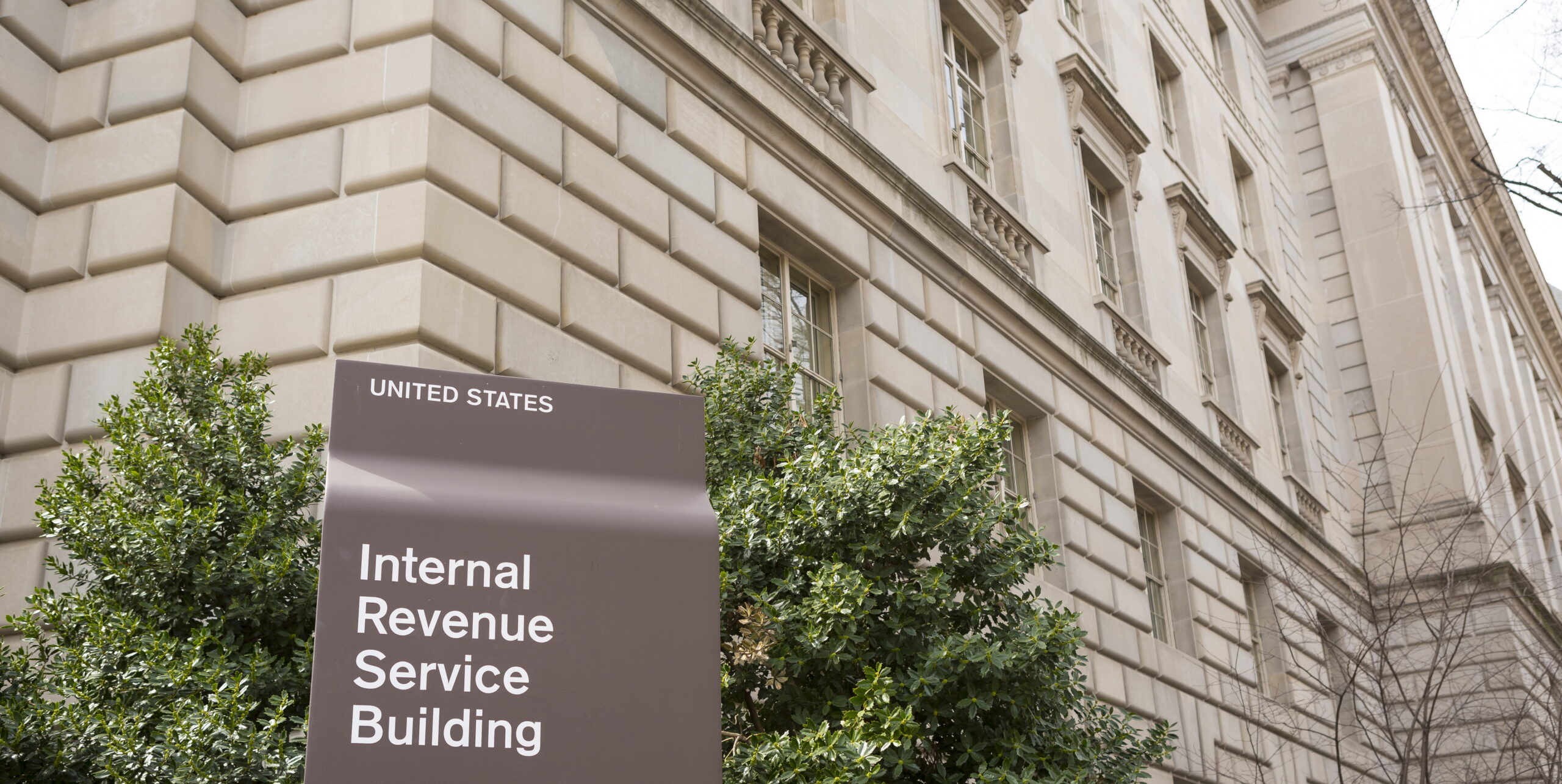
The Real Estate Roundtable, along with 30 other national real estate, housing, environmental, farming, ranching, forestry, and financial services-related organizations, wrote to key policymakers on March 16 to underscore the vital importance of real estate like-kind exchanges.
The letters to Treasury Secretary Yellen and the chairmen and ranking members of the congressional tax-writing committees underscore the many benefits of like-kind exchanges to the U.S. economy and the health of real estate markets. The letters also show how the exchanges improve the supply of housing, retirement security, environmental conservation and the preservation of family-owned farms and ranches.
Why It Matters
- Between 10-20 percent of all commercial real estate transactions involve a like-kind exchange. The coalition letters describes how like-kind exchanges under section 1031 of the tax code helped stabilize property markets at the height of the COVID-19 lockdown, and will continue to facilitate repurposing of real estate assets in the post-COVID economy.
- The letters provide supporting data showing how like-kind exchanges allow businesses to grow by reinvesting gains on a tax-deferred basis in new and productive assets.
- Like-kind exchanges create a ladder of economic opportunity for minority-, veteran-, and women-owned businesses and cash-poor entrepreneurs that may lack access to traditional sources of financing, according to research referenced in the letters.
Groundbreaking Research:
The letters highlight original research by Professors David Ling (Univ. Fla.) and Milena Petrova (Syracuse U.) on the economic impact of like-kind exchanges. The study commissioned by The Real Estate Roundtable and other organizations was published in two installments in the peer-reviewed Journal of Real Estate Literature here and here and more recently updated with current data.
- The academic studies have found that exchanges spur capital expenditures, increase investment, create jobs for skilled tradesmen and others, reduce unnecessary economic risk, lower rents, support property values, and generate substantial state and local tax revenue.
- Roughly 40 percent of like-kind exchanges involve rental housing. The coalition emphasized in its letter that section 1031 is an important source of capital for affordable and workforce housing. Farmers and ranchers use like-kind exchanges to combine acreage, acquire higher-grade land, mitigate environmental impacts, and otherwise improve operations. Land conservation organizations rely on exchanges to preserve open spaces for public use or environmental protection.
The Roundtable’s Tax Policy Advisory Committee (TPAC) will continue working to raise awareness of the role that like-kind exchanges play in supporting the health and stability of U.S. real estate and real estate markets.
# # #
